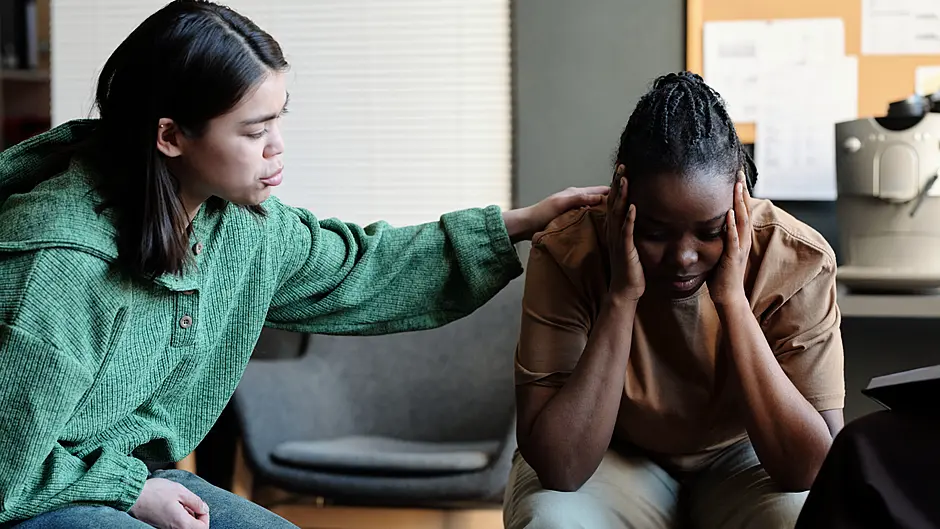
IN my last column, I looked at what it means to develop a victim mentality – a mindset where someone tends to view themselves as being consistently wronged by life or by others, and feels powerless to change their circumstances.
This way of thinking can affect how a person relates to others.
They might focus on how much easier other people seem to have it, and struggle to recognise others’ pain.
They may dwell on past hurts without much interest in change, sometimes finding comfort in self-pity, or in the sympathy and attention that come with being seen as the one who has suffered most.
At times, this dynamic can spill into relationships. A person might, consciously or not, use guilt to influence others – relying on the role of the victim to get their needs met or avoid responsibility.
So how can you respond, especially if you care about the person?
The first thing is to avoid labelling. Saying ‘you’re playing the victim’ is unlikely to help, and may make the person feel attacked or misunderstood. Sometimes, this mindset has roots in difficult experiences – such as neglect, betrayal, or trauma – that shaped how the person sees the world.
Validating their emotions doesn’t mean you have to reinforce unhelpful thinking.
You might say something like: ‘I know that was a really painful experience, I can see why you’re feeling stuck. But I don’t think this is the most helpful way to deal with it.’
You could gently name the behaviour you’re noticing: ‘I agree life can be unfair, but I think we’re making it seem even worse than it really is right now.’
You may notice the person tends to focus on what can’t be done, rather than what can. Gently drawing attention to this, and encouraging the opposite approach, can be helpful.
It can also help to compassionately address other patterns – like frequent complaining, shifting blame, avoiding responsibility, or speaking as if nothing they do will make a difference. Here, two simple questions often used in CBT (cognitive behavioural therapy) are worth remembering: Is this accurate? Is this helpful?
You may need to set gentle boundaries. If conversations routinely return to the same complaints or injustices, you might say: ‘I want to support you, but I also don’t want us to get stuck in the same loop. How about we talk about what might help, rather than going over the same ground?’
Of course, not every situation calls for this kind of conversation. If the relationship is distant or if the person isn’t open to reflection, it may be more realistic to adjust your own expectations – accepting you can’t change how someone thinks, but you can decide how much time and energy you invest.
Victim/rescuer
It’s also worth noting that some people shift between roles – from victim to rescuer to critic – without being fully aware of it. They may see themselves as unfairly treated, then swing to rescuing others, and later become angry when they feel unappreciated.
If you’re frequently drawn into these patterns, it can help to step back and consider your own role. This cycle can keep people locked in exhausting dynamics. Ask yourself: am I trying to fix things that aren’t mine to fix?
While empathy is important, offering endless sympathy or indulging every grievance can unintentionally reinforce an unhelpful mindset.
Note that research highlights that ‘moral elitism’ is a key feature of the victim mindset. There is often a belief that the person’s own suffering confers moral superiority – a sense of being more deserving of sympathy, and less obligated to consider others’ struggles. It often comes with a lack of empathy, constant rumination on past injustices, and a belief that others are generally more fortunate.
You can gently challenge this moral superiority by validating the person’s pain while also encouraging empathy for others.
Try shifting the focus from blame to shared human struggles, and model more balanced, nuanced thinking. Everyone suffers in life. Some more than others, yes – but suffering alone doesn’t confer moral authority or make someone more deserving than others. Acknowledging pain is important – but so is helping each other move beyond it.
We can’t rewrite someone’s past, but we can offer them a way out of the story they’ve become stuck in. Kindness doesn’t mean stepping into someone else’s stuck place – it means inviting them out of it.










